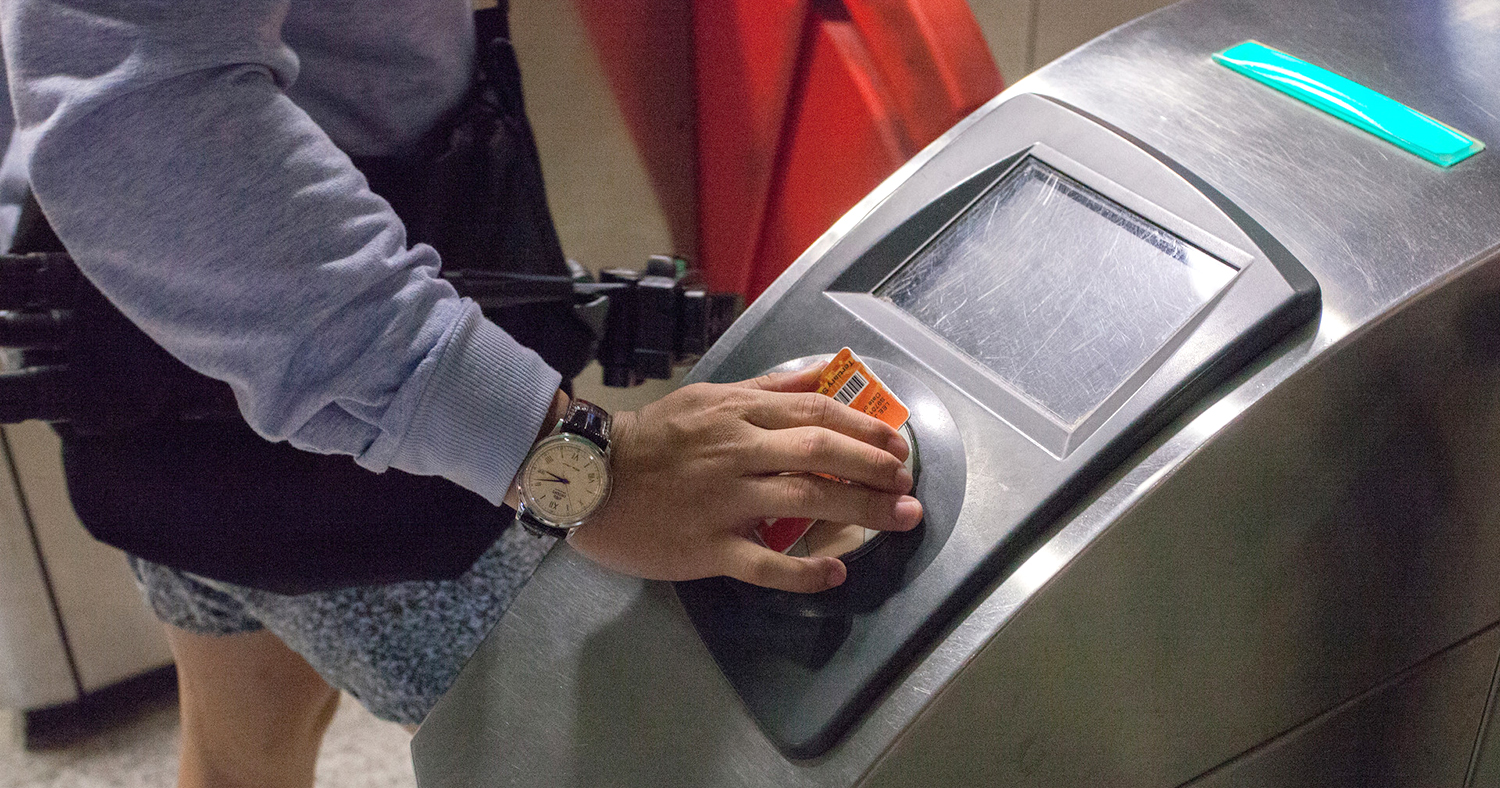Current transport fares are not able to offset the higher costs of operating and maintaining Singapore's rail network, said Transport Minister Khaw Boon Wan.
In fact, our transport operators have been operating at "substantial losses" because the Public Transport Council's fare adjustments "were not fully implemented" until recently, and because we have also not followed its formula "strictly".
Speaking in Parliament on Monday (Jul. 8), the minister was responding to a parliamentary question by Member of Parliament Sitoh Yih Pin, who asked for an update on the current level of rail reliability, and how continued efforts can be sustained and funded.
Khaw said last week, and also repeated on Monday, that our rail network is clocking nearly 1 million mean kilometres between failure (MKBF), a 700 per cent improvement compared to 2015 — also getting us on par with Taipei's metro and Hong Kong's MTR systems, Khaw said.
Higher expenditure on rail operations, maintenance in order to push up reliability, & fares "have been inadequate"
The improvement, Khaw says, can be attributed to increased expenditure on rail operations, maintenance and investment.
"Between 2016 and 2017, the total cost of running the rail network has increased by around S$270 million," Khaw said.
The government also pumped S$1.9 billion into taking over the ownership of all of Singapore's rail operating assets, and also has to pay for its replacement when needed.
Public transport operators were supposed to cover the maintenance and operation of these assets, through fare collection and other revenues like advertising, and are also supposed to pay the government licence charges for using them.
However, as operators have had to intensify their maintenance processes to keep reliability up, the government has had to increase its subsidies for them.
Especially because fares have not gone up to reflect these cost increases.
In fact, they went down by 8.3 per cent between 2015 and 2017:
- In 2015, fares dropped by 1.9 per cent.
- In 2016, fares fell by 4.2 per cent.
- In 2017, fares dipped a further 2.2 per cent.
SMRT & SBS train divisions lost "tens of millions" in last financial year
It's no wonder that public transport fares paid by commuters have not been able to cover operating costs and hence, rail companies are operating at a loss.
"In the latest reported financial year, SMRT Trains incurred a loss of $86 million. SBS Transit's train division also lost tens of millions of dollars," Khaw said.
The minister said the government currently subsidises more than 30 per cent of public transport operations and expects to spend another S$4.5 billion on operating subsidies over the next five years.
"As it is, the additional costs have been partly covered by increased government subsidy and partly absorbed by the operators who have been incurring substantial losses," he said.
Can't the operators try to save money in their processes?
Khaw said yes, these upstream measures are necessary and are being done, and processes are being redesigned to think of maintenance and efficient downstream operations in building new MRT lines.
Operators are also pooling engineering and maintenance capability in order to prevent duplication of work.
But that being said, Khaw still maintains they aren't enough to offset fully the higher costs of operating and maintaining a "highly reliable rail network".
"Until recently, the PTC fare adjustments were not fully implemented. If we had strictly followed PTC’s fare formula, the operators would have been better able to cover the costs of the intensified maintenance," he said.
The current fare formula comprises various components which take into account price of consumer goods, wages, energy price, productivity of transport operators and the cost of increasing public transport capacity.
This fare formula was introduced in 2018 to account for the increasing gap between operating costs and fare revenue, and will remain in place until 2023.
That year, fares were adjusted upwards (by up to 4.3 per cent) for the first time in four years.
After that, the formula will likely be tweaked to reflect the costs of increased maintenance and government subsidies.
In the meantime, Khaw says the government will extend rail operators a temporary maintenance grant to tide them through to the next fare formula review.
"In due course, the PTC will need to review the fare adjustment mechanism to reflect the increased operating cost to support the intensified maintenance, and the additional operating subsidies from the Government to the MRT system."
Top image: Mothership file photo.
If you like what you read, follow us on Facebook, Instagram, Twitter and Telegram to get the latest updates.
